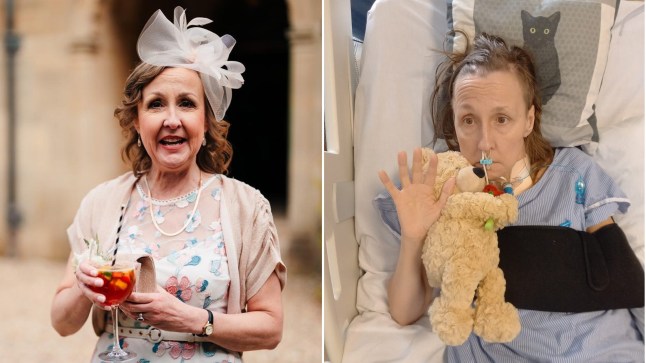
Susan Harding before and after her stroke (Picture: Robert Christensen)
A fit and healthy woman ended up in a coma for four weeks and permanently disabled after a ‘sickening’ wait for an ambulance.
Susan Harding’s partner Robert Christensen called 999 three times after she suffered a stroke just before Christmas last year.
But it took two hours for paramedics to arrive.
The ‘worse than horrific’ delay was 6.5 times the NHS England response guideline of 18 minutes.
Robert,63,claims the huge delay allowed the bleed in her brain to build up and contributed to her coma.
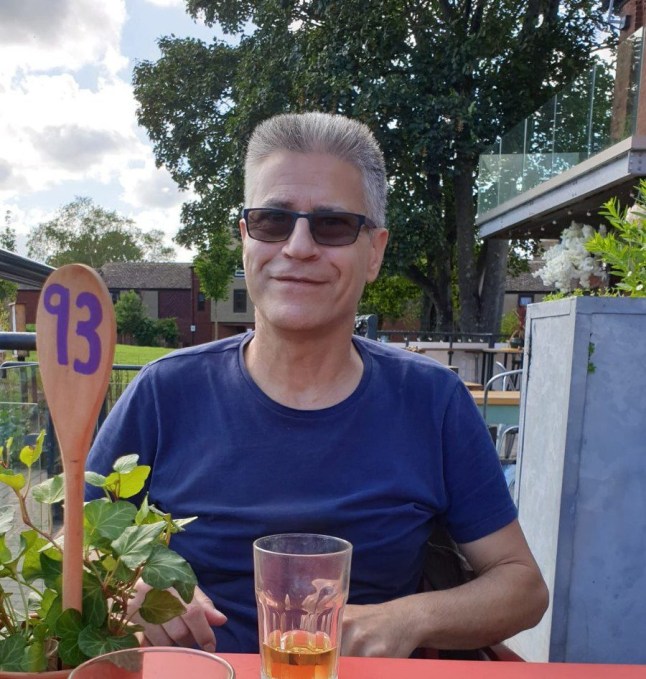
Robert Christensen waited two hours for an ambulance to arrive after making the call (Picture: Robert Christensen)
He told Metro: ‘It was one of the worst experiences I have ever had in my life.
‘We kept on waiting and waiting and waiting for the ambulance to turn up.
‘It has ruined our lives. It was like watching a car crash about to happen and there’s nothing you can do to intervene.’
Robert and Susan,who have been together for almost 10 years,had just come home from Christmas shopping on December 12,2024,when Susan collapsed.
Recognising the key signs of a stroke,the former London Underground worker called 999 at 5pm from their home in Melksham,outside Bath.
The response ‘said “we’ll get an ambulance to you”,’ as Susan’s son Adam rushed round to help keep his mum comfortable.
After a 50 minute wait for a South Western Ambulance Service response,there was no ambulance in sight.Robert called 999 again as his partner’s condition was deteriorating.
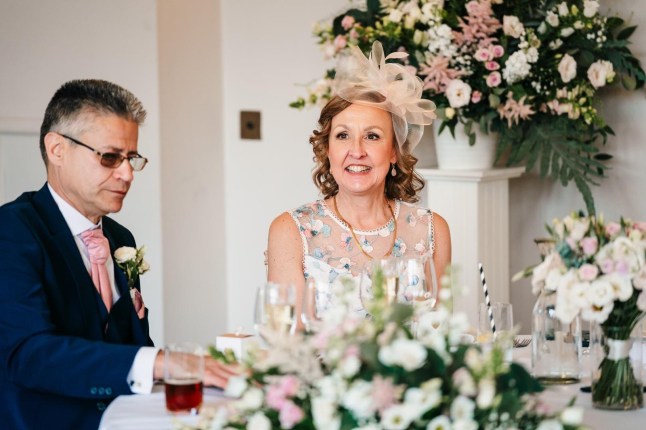
Robert phoned 999 straight after his partner collapsed (Picture: Robert Christensen)
The guideline response for a Category 2 incident,which includes stroke,is 18 minutes.
90% of these incidents are responded to within 40 minutes in England.
Robert said: ‘They asked all the same questions that I told the told them the first time.
‘I told them “She is worsening. We’re having difficulty keeping her conscious”.’
Susan’s condition continued to decline over the next 40 minutes Robert and Adam waited for an emergency responder.
Another 999 call was made again at 6.30pm,an hour and a half after his first.
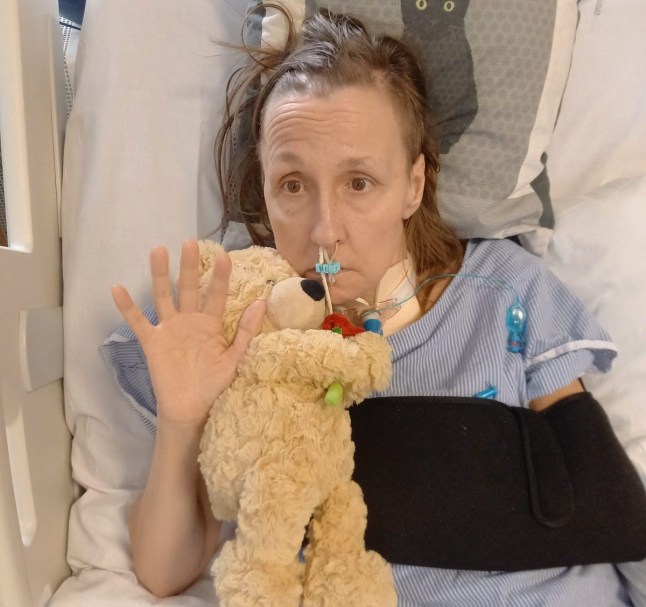
Susan has been left severely disabled (Picture: Robert Christensen)
It was not until 6.26pm that a paramedic then arrived,with an ambulance then pitching up at 6.57pm.
Mr Christensen told Metro: ‘It was sickening.
‘I have never felt so helpless in my life. I was totally helpless.
‘I kept on going out the front door,walking out the garden path to look at road to look. It made me feel sick.
‘You’ve got no choice. You put your faith in the system because all your life you’ve been told that’s what you do.
‘It didn’t instill much confidence in what was going on. It just felt so disorganized. It didn’t inspire confidence.’
It took 20 minutes for Susan to be rushed to Royal United Hospital in Bath.
When a scan showed a bleed on her brain,she was put into an induced coma and transported to Southmead Hospital in Bristol,where there is a specialist neurological unit.
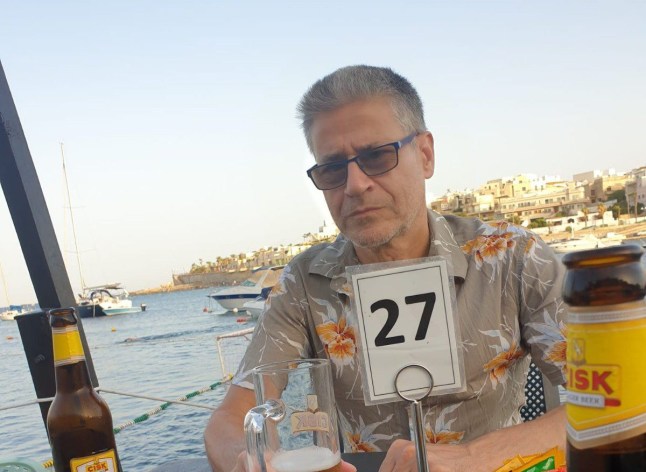
Robert is distraught by what happened to Susan (Picture: Robert Christensen)
Susan,who was 56 at the time of the stroke,was left in a coma in an ICU for four weeks and spent her 57th birthday in hospital.
She has been left with ‘so many disabilities’,which Robert claims the wait only aggravated.
Robert added: ‘Before the the stroke,she was like a a 50 in,you know,slim,smart,and in good shape. Now she looks like a a late seventies kind of person.
‘I spoke to the neurosurgeon at Bristol and we were discussing what the options were.
‘One that she would survive,but be like a vegetable and be severely disabled.
‘The other option was that she might she might have cognitive function,but she’d still be severely disabled. The other option was she might die.
‘Can you imagine what it feels like to discuss the outcome of your partner’s life?
‘I’m confident that that would have been very different had they responded to her and not allowed that bleed to build up in her head.’
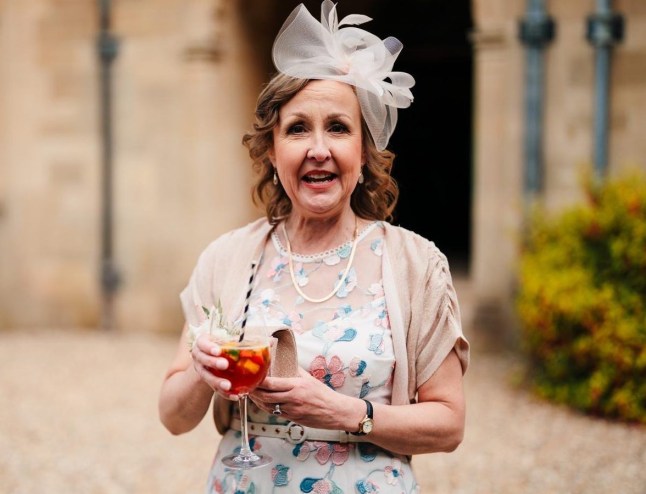
Susan was a fit 56-year-old before her stroke (Picture: Robert Christensen)
Robert has now started a petition to campaign for action on ambulance delays.
Almost 50,000 people have signed so far and the family are planning to start a government petition in order to get the issue debated in Parliament.
Robert said: ‘I can’t change what’s happened to Susan,but those who are responsible need to be held to account.
‘How many more people is this gonna kill or seriously disable if it’s allowed to carry on? It is not right.’
Robert also raised the issue with his MP,Brian Mathew,who then wrote to the Department of Health and Social Care (DHSC) just before Christmas.
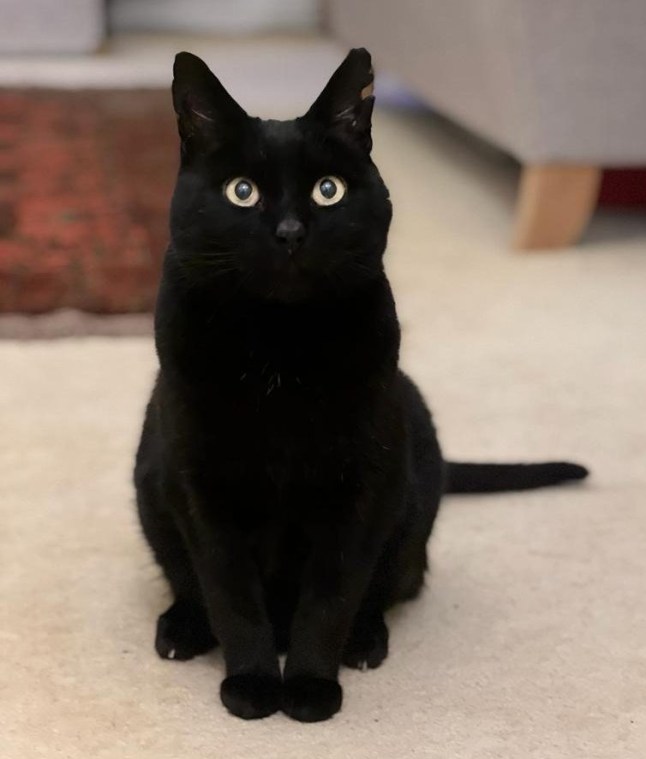
The couple’s cat Button is missing her mum desperately while Susan has been in hospital (Picture: Robert Christensen)
A month later,the DHSC then wrote back to Brian Mathew,apologising for what happened to Susan and pointing Robert in the direction of the correct pathways for complaining about the two hour wait.
A spokesperson for the South Western Ambulance Service NHS Foundation Trust (SWASFT) told Metro: ‘We would like to offer our sincere apologies to Ms Harding for the delay in our response.
‘The delay was unacceptable and falls below the high standards of care we aim to provide.
‘Delays in our care is not something we want any of our patients to experience,and when a delay does occur,it’s taken very seriously.
‘At the time of Ms Harding becoming unwell in December 2024,our service was under extreme pressure,and our response time was impacted by this.
‘This demand was further compounded by hospital handover delays and system pressures within the wider NHS and social care.
‘We continue to work incredibly hard with our partners in the NHS and social care,to do all we can to improve the service that patients receive.’
A Department of Health and Social Care spokesperson said: ‘Our thoughts are with Susan Harding,Robert Christensen,and their family. The delay Ms. Harding experienced is completely unacceptable.
‘We inherited a broken NHS with people waiting far too long for urgent treatment,especially for time-critical conditions like strokes where every minute matters.
‘We are fixing the NHS to make sure ambulances get to people in time to save lives,and we have committed to returning to safe NHS targets for ambulance response times.’
United News - unews.co.za